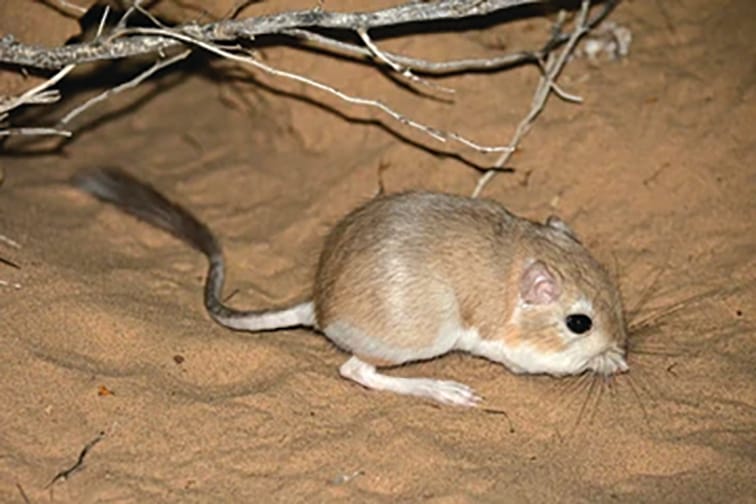Is it sustainable?

As a species, we do not have a very good track record. Not only have we over-populated the Earth but we have done so to the detriment of other species and to the planet in general. We are being faced with quite a bleak future. How bleak depends upon what changes we make now to the way we are living on the planet. A key criterion which needs to be used in making decisions about these changes is “Is it sustainable?”. If something is sustainable, it can continue. If it is not sustainable, it needs to be changed.
It is important to understand exactly what sustainability is. The use of a resource at a rate equal or lower than the rate it can be renewed is easily understood as sustainable. Sustainability can be more complex than this. For example, the act of processing of a resource may not be sustainable. Sometimes the use of a product may not be sustainable. Even the disposal of products at the end of its usefulness may be unsustainable.
To determine if something is sustainable, we need to look at its life cycle (see diagram below right).

In an ideal world, this is a cycle with the raw materials being recycled from the discarded product. If any stage of the cycle is not sustainable then we need to have a careful rethink.
It should be obvious that an unsustainable practise will eventually reach a point where it can no longer be sustained and it is better to make changes sooner rather than later.
The problem is there are frequently vested interests involved. The logging truck driver does not want to see native hardwood logging stopped, duck shooters do not want to see duck shooting phased out, horse lovers do not want to see brumbies culled or removed from our National Parks. These are just a few examples. When people’s livelihoods are at stake or things that are seen as part of people’s heritages are involved, things can become very emotive. Governments, with an eye for the next election, are loathe to do anything that will lose them votes. Generally, they will not act until there is wider community support and a net gain in votes. The concept of ‘Is it sustainable?’ either gets lost or is over-ridden.
Coupled with the arguments connected with vested interests are the arguments against the alternatives: products will become more expensive, there will be a duck plague, we will lose our heritage, it is a poor substitute. Often these arguments are not based on hard facts. In the case of wind and solar farms the ‘NIMBY’ (not in my back yard) element can come into play.
The development and uptake of electric vehicles makes for an interesting case study. Petrol, gas and diesel engined vehicles are not sustainable because they burn fossil fuels. Fossil fuels are a limited resource and will eventually run out and their combustion releases greenhouse gases into the atmosphere. Electric vehicles are steadily gaining sales in Australia. It is noticeable that many people have been quick to criticise electric vehicles: they are slow to charge (especially at home), charging them at charging stations is expensive, their batteries wear out and are expensive to replace, there is a limited supply of lithium. It must be remembered that this is an emerging technology with big improvements still being made. With most of our electricity in Victoria being generated by burning fossil fuels, EVs are not ‘green’ and will not be until they are charged using only renewable energy.
We take so much for granted: we turn on a tap and water comes out, flick a switch and there is light, go to the supermarket and we buy all sorts of food (even those out of season in Victoria) and if something is no longer useful we throw it out. It is so easy and it allows us to become quite wasteful. We all need to keep asking “Is it sustainable?” instead of taking it all for granted.










